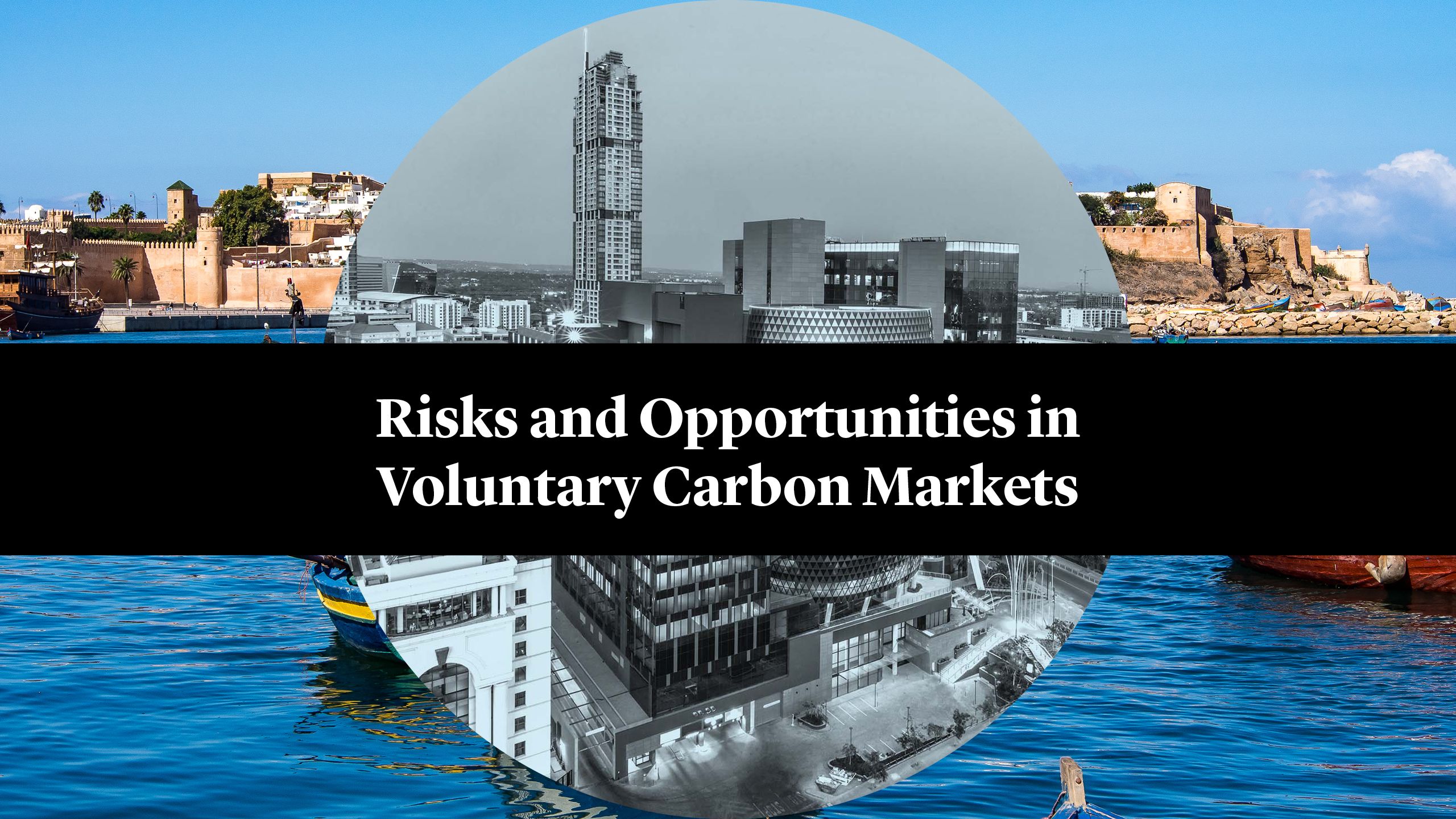
Pressure on businesses over the world to lower their global greenhouse gas emissions, and in turn, their impact on global warming, is acute. Trade bodies, powerful business alliances, discerning customers and increasingly regulators are mandating businesses to meet the ambitions of the 2015 Paris Agreement, an international treaty which aims to limit global warming to (ideally) 1.5ºC, compared to pre-industrial levels.
But transitioning to net zero can be a costly and challenging exercise for many businesses. In certain cases, the technology required to decarbonize industries is not yet ready for commercial use. As such, many businesses are turning to carbon offsets to meet state, industry and investor pressure to reduce overall emissions.
Pressure on businesses over the world to lower their global greenhouse gas emissions, and in turn, their impact on global warming, is acute. Trade bodies, powerful business alliances, discerning customers and increasingly regulators are mandating businesses to meet the ambitions of the 2015 Paris Agreement, an international treaty which aims to limit global warming to (ideally) 1.5ºC, compared to pre-industrial levels.
But transitioning to net zero can be a costly and challenging exercise for many businesses. In certain cases, the technology required to decarbonize industries is not yet ready for commercial use. As such, many businesses are turning to carbon offsets to meet state, industry and investor pressure to reduce overall emissions.
What Are They?
Voluntary carbon markets allow businesses, amongst others, to offset their emissions outside a regulatory regime by purchasing offsets or carbon credits – which represent one tonne of carbon dioxide that is reduced, removed or not added to the atmosphere – that were created through voluntary or compliance markets. While compliance markets like the EU Emissions Trading System are mandated by law and driven by binding emission caps1, voluntary markets enable buyers to purchase offsets to use for their own emission reduction goals.
Broadly speaking there are two types of carbon credits. Carbon removal projects, which remove carbon from the atmosphere, and carbon avoidance projects, which prevent carbon that would otherwise have been released into the atmosphere.
Carbon removal projects are split into two categories: natural carbon removals which include activities like tree planting, mangrove restoration and sea kelp farming which sequester carbon as they grow, and technological carbon removals like direct air capture. Carbon avoidance projects can include the use of solar or wind technology instead of burning fossil fuels for energy.
After an organisation or an individual buys a carbon credit, the credit must be permanently retired so it can’t be reused.
Growing Pains
Voluntary carbon markets are growing rapidly. The market has quadrupled in size since 2020 to $2bn last year, while the most ambitious estimates suggest it could hit $180bn by 20302.
But the voluntary markets remain unregulated. As such, the quality of projects and the carbon credits they produce varies widely. In best practice cases, projects adhere to a rigorous set of criteria and are verified by third-party agencies before being reviewed by a leading carbon offset standard like Verra or Gold Standard. However, large volumes of unverified credits continue to change hands.
Due to its unregulated nature, voluntary markets remain contentious and reputational risks for companies who purchase credits are high.

Standardization
Attempts are being made to standardize the market and ensure coalescence around both price and quality. Carbon credits can be bought and sold bilaterally with companies purchasing credits directly from project developers or increasingly via an exchange, such as Climate Impact X (CIX), a soon-to-be global carbon exchange based in Singapore3. Such exchanges aim to provide more robust purchaser protections, fairer, market-led pricing as well as greater transparency on the provenance and longevity of carbon projects.
In July 2022, the Integrity Council for the Voluntary Carbon Market (Integrity Council), which was headed up by former Bank of England Governor Mark Carney, launched a public consultation on its Core Carbon Principles (CCPs) with a view to establishing a “definitive and consistent global benchmark for high-integrity carbon credits”4. A separate venture, the Voluntary Carbon Markets Integrity initiative, launched an integrity code in June 2022. The code aims to ensure responsible use of offsets by corporates, such as aligning decarbonization targets with the Science-Based Targets initiative and having claims verified by an independent third party5.
Global South
The Integrity Council also argues that a more efficient voluntary carbon market will “help deliver critical funding to developing countries and to Indigenous Peoples and local communities (IPLCs), who play a key role in the stewardship of forests, biodiversity and other local and global ecosystem services”6.
Many carbon projects are located in the Global South where there is the most potential for economical nature-based emissions reductions projects7. These potential revenue streams are seen by many as critical for helping governments pay for climate adaptation and mitigation projects. Emerging markets are already suffering some of the worst effects of climate change, though the responsibility for global warming largely lies with developed nations.
However, the rapid growth of the market – and its unregulated nature – is raising several points of conflict. Land use and land access changes brought about by project development are in some instances harming the livelihoods of indigenous groups8, including by local communities being evicted from their lands9.
In addition, the lack of clarity over international carbon accounting rules means that governments and private companies can in some cases lay claim to the same assets10.
Governments are now reviewing laws to stop companies from exporting credits. In Papua New Guinea for example, the government imposed a moratorium on new voluntary carbon credit schemes in order to allow the regulators to create a framework for future and existing schemes11. Indonesia, Honduras and China’s Fujian province have all announced moratoria on the sale of forest-based carbon credits12.
Further regulation of the industry is widely expected, though what shape that will take is as yet unclear.
Barthélemy Faye
Partner
Paris
T: +33 1 40 74 68 00
bfaye@cgsh.com
V-Card
Michael J. Preston
Partner
London
T: +44 20 7614 2255
mpreston@cgsh.com
V-Card
Anton Nothias
Associate
Paris
T: +33 1 40 74 68 00
anothias@cgsh.com
V-Card
Henry de Biolley
Associate
London
T: +44 20 7614 2368
hdebiolley@cgsh.com
V-Card
Thierry Diouf
Associate






